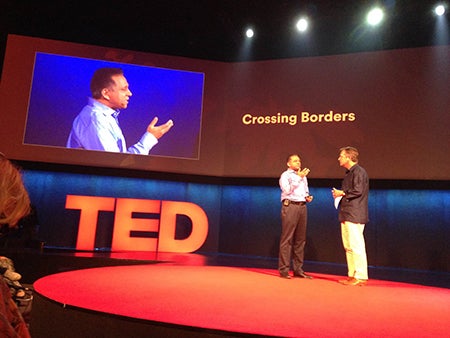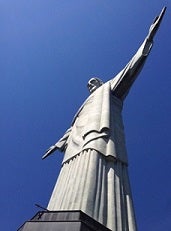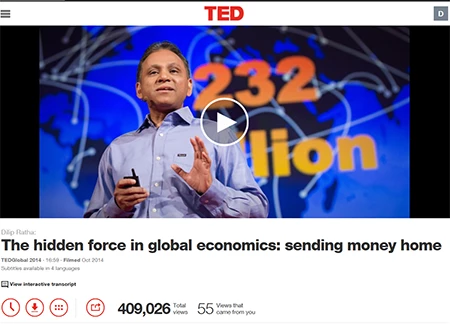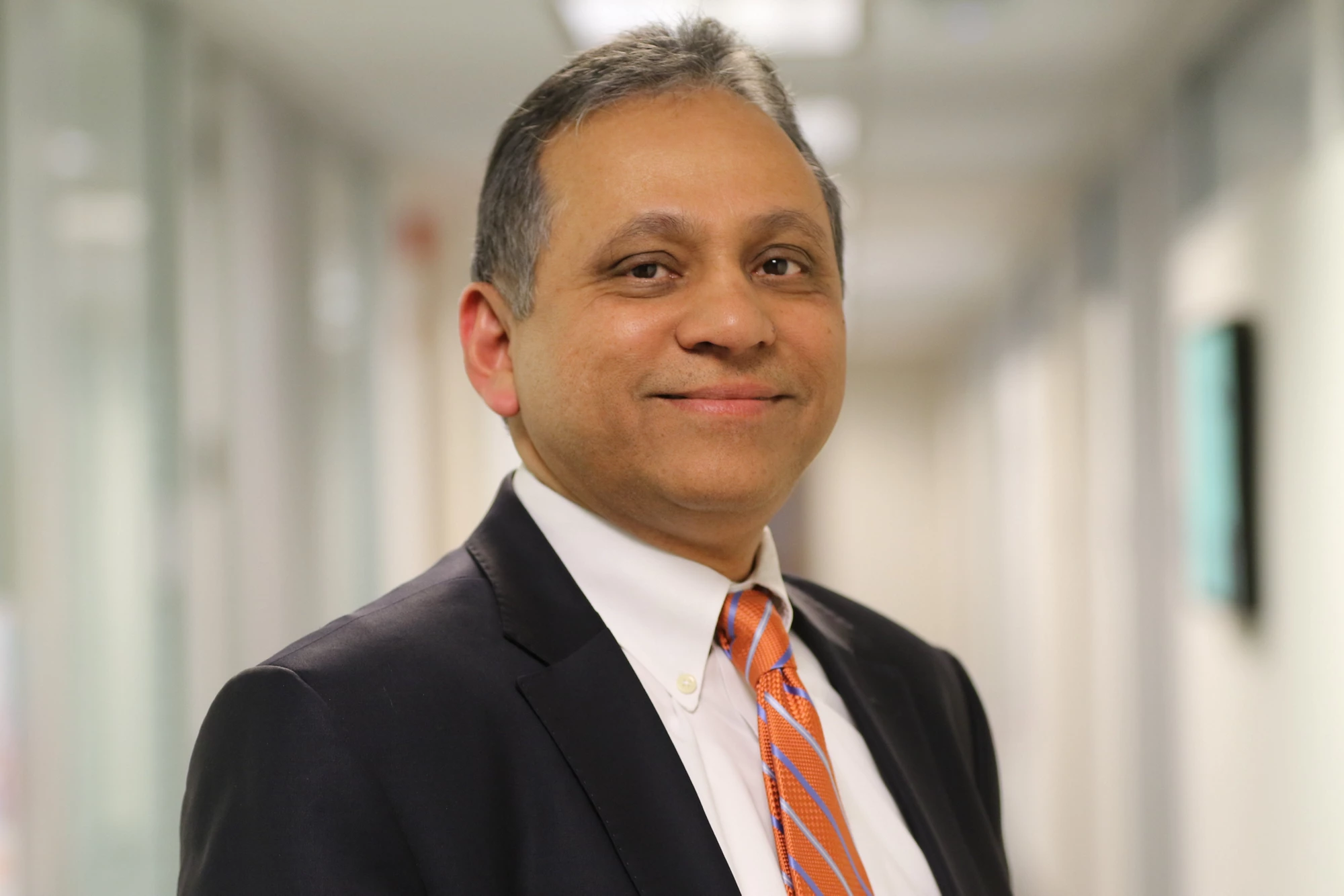Chief Experience Disruptor. I stared at the name tag again – yes, that was his title. We sat down for tea, and he invited me to test the miracle berry that made lime taste like sweet candy. I ate the lime, all of it – even its thick green skin tasted deliciously sweet. “This berry could help the sweet-loving diabetics you know,” he said, lending me a few packets. He had just given up a promotion to pursue his dreams: travel the world for 6 months, feed a few thousand people, and continue his side hobby of understanding why people are right-hand-dominant. “Does it have anything to do with the position of the heart?” I offered, lamely, hopefully. “Probably,” he said. “But that does not explain why men’s shirts have buttons on the right, and women’s, on the left.” I have since thought of several implications of being right-handed. Also as an aside, I have become more acutely aware of the clichéd two-handedness in my profession, I mean, of saying ‘on the one hand, and on the other hand.’
The encounter above – and many more like that – took place at TED Global, held at the Copacabana beach in Rio de Janeiro on October 6-10. You heard it right – a massive TED theater was custom-built on the beach. Later, aware of the environmental impact of the conference, Chris Anderson, head of TED, pledged to plant 10 trees for each participant, at a cost of $20 per tree, in a town near Sao Paulo.
The custom-built TED Theatre on the Copacabana Beach. An overpass was built to connect the theatre to the Copacabana Palace Hotel, to form a TED Global Campus.
There were 1,000 participants from 60+ countries. That’s despite the high registration fee. Some eager participants crowd-funded their registration fee! And the participants were ‘curated’ - not all fee-paying applicants got accepted to participate.
I have never been to a conference with such a diverse group of outstanding speakers and participants. The speaker line-up included explorers, astronomers, doctors, writers, artists, dancers and singers, chefs, architects, social activists, and a couple of (one-handed) economists.
Topics ranged from Africa to the Amazon, from the privacy rights of civilized people to the existential rights of unconnected peoples, from treating cancer to providing basic sanitation to villagers, from saving the South Pole to building the Giant Magellan Telescope, from painting shanty towns in vibrant colors to political activism through the internet.
The speakers had one thing in common: they were all dreamers, but with eyes open and feet on the ground; they all want to change the world, they live the change they want, and they seemed to have what it takes to make a dent.
The participants, curated as they were, were similar: they came from all over. Diversity was visible across age, race, gender, ethnicity, languages. The majority comprised serial TED-attendants, addicted to inspiration and possibilities. If you veered from the subject and got a bit personal, you’d sense ability, achievement, and willingness to experiment. To make a dent. To disrupt.
Disruption was the second most spoken word, after innovation, at TED Global. Normally I’d worry about getting fired for talking about disrupting anything. After a day of socializing with the TED folks, however, I lost a bit of that fear. I even managed to say something bold in my TED Talk. I pleaded that the development community should reduce remittance costs to 1%, it should mobilize diaspora savings, and it should reduce recruitment costs for low-skilled migrants. Take a peek at it if you want to hear what I said and how I said it – my talk is titled The hidden force in global economics: sending money home.

I was taken aback when Chris Anderson asked me a couple of questions after I had finished my talk. Thanks to Chris and Bruno Giusanni for inviting me and hosting me at TED Global.
I spoke on the first day. Afterwards, many participants came by to offer help, and to brainstorm how we could achieve my goals. Many suggested that Bitcoin and virtual currency might provide the best solution. I came away convinced that policy makers need to increase their understanding of virtual currencies – there is a sense of inevitability there.
understanding of virtual currencies – there is a sense of inevitability there.
A trip to Rio would not have been complete without visiting the Christ the Redeemer. Two friends – she from India, he from Pakistan – offered a ride in their car to the mountain-top wonder. Rio looked even more magnificent from up there, blessed, blissful. For a few moments, my spirits soared.
You probably have questions about how it felt to speak at the TED stage. Awesome! The audience and the curators are so positive and supportive that the talks have to work in the end, and if they don’t work, as they say, it isn’t the end yet!



Join the Conversation